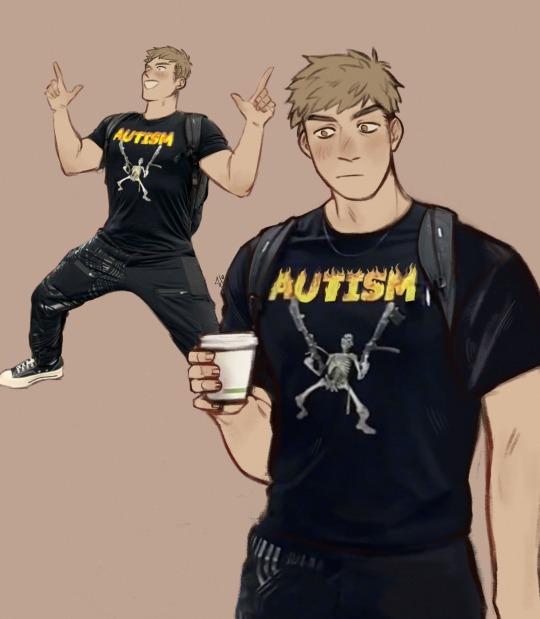Note
correct me if i’m wrong cos i don’t watch dune.. but i’ve seen people call paul a tragic character. except isn’t he a whole white coloniser tricking indigenous poc into believing he’s a prophet to serve his own interests? that’s inherently evil that cannot be a tragic character imo
so yes that is correct that is what happens. the tragedy is that he is a sixteen year old boy who gets a vision of this happening and he is TERRIFIED and absolutely does not want this to happen at all. He does not want the holy war he does not want to be the chosen one he initially very much wants to fight alongside the fremen as equals trying to liberate themselves from their current colonizer without becoming the messiah because they have common political cause.
And then the entire second half of the first book (and the second movie) are about the concessions he makes to himself bit by bit by bit (well it’s the only way to save his mom and sister. well it’s the only way to prevent nuclear war. well he does want his revenge. well maybe he IS special.) Until by the end he has lost 100% of his humanity, fully wants to be the messiah and is willing to manipulate people into thinking so, and has declared himself duke of arrakis in his father’s name and made a play for the imperial throne.
you’re right that it’s evil. the book and these movies agree with you. the tragedy is watching a child who desperately wanted to avoid this slowly completely lose himself to it anyways. i don’t think “tragic” and “evil” are inherently mutually exclusive.
7K notes
·
View notes
Text

25 expressions challenge feat. david!
364 notes
·
View notes
Text



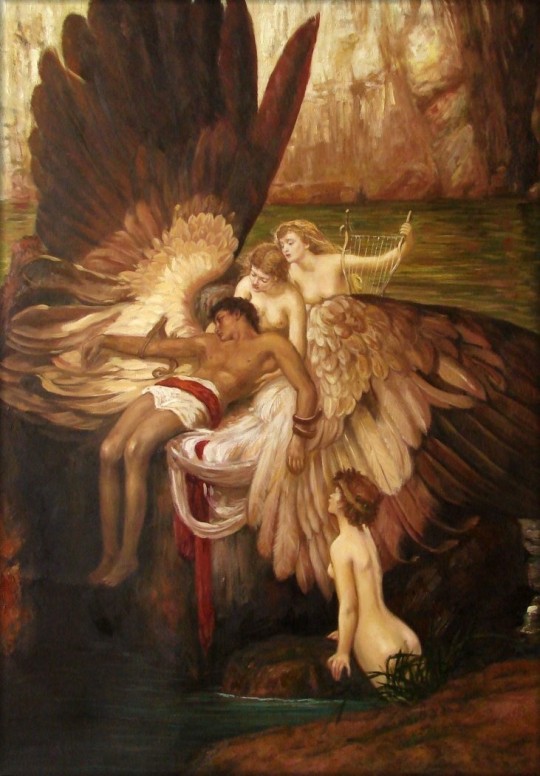
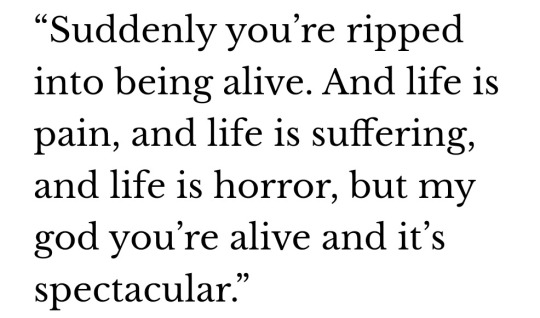
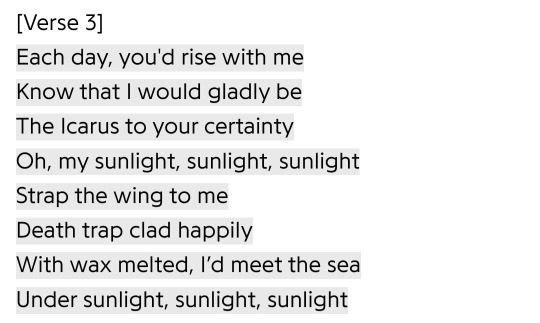

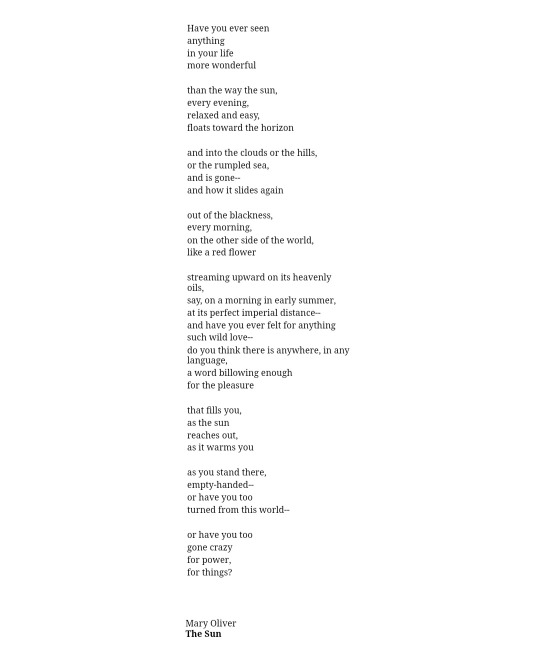
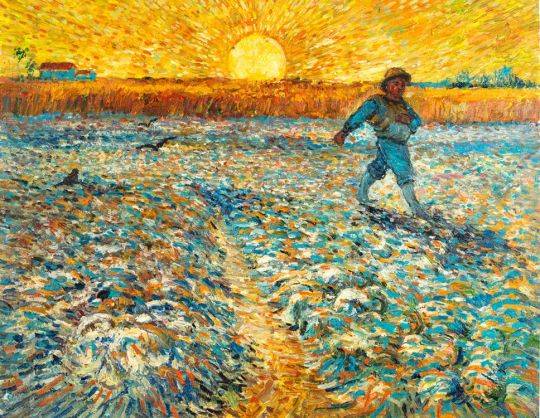

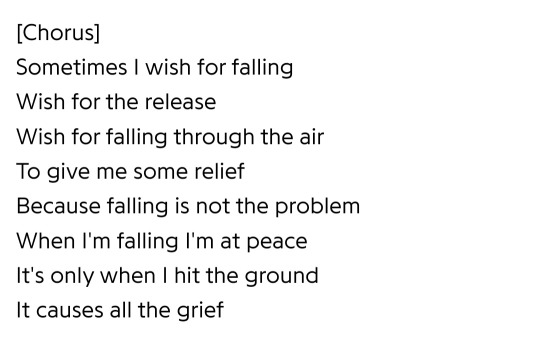
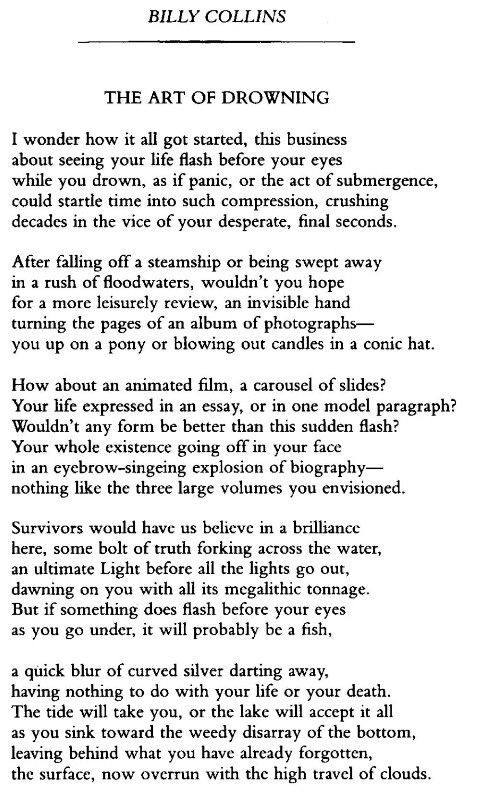

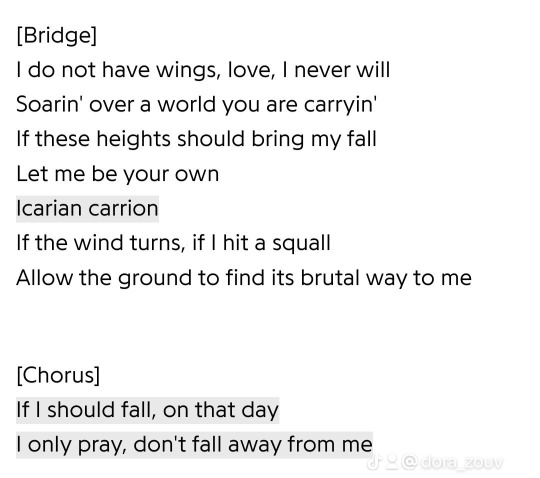
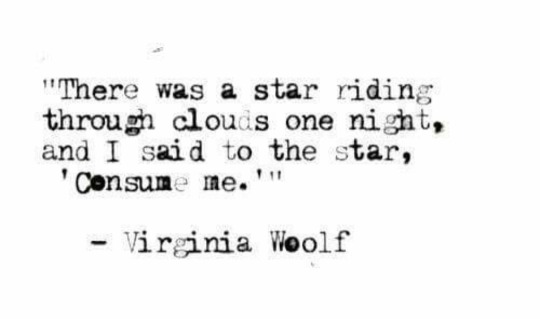
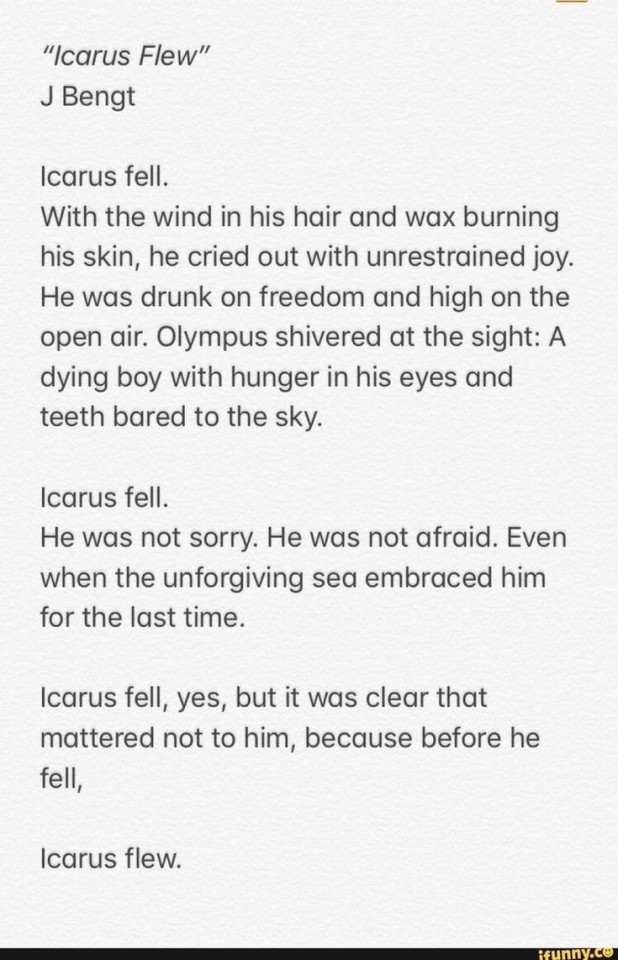

on icarus.
(Attributed to Oscar Wilde//Sigmund Freud- Interpretation of Dreams//@meanwhilepoetry//Herbert James Draper- Lament for Icarus//Joseph Campbell//Hozier- Sunlight//Rainer Maria Rilke- The Notebooks of Malte Laurids Brigge//Mary Oliver- The Sun//Vincent Van Gogh- The Sower//Matthew Ward- The Collected Stories//Florence and The Machine- Falling//Billy Collins- The Art of Drowning//Renè Milot- The Fall of Icarus//Hozier- I,Carrion (Icarrian)//Virginia Woolf- The Waves//J. Bengt- Icarus Flew//??)
4K notes
·
View notes
Text




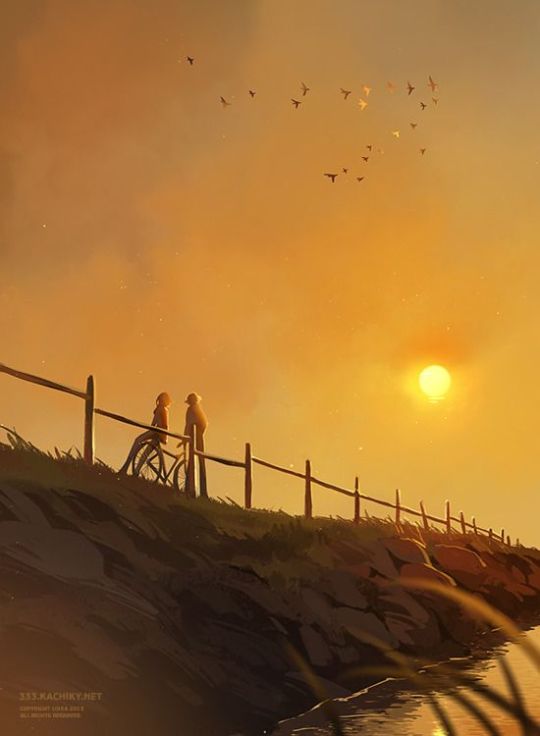






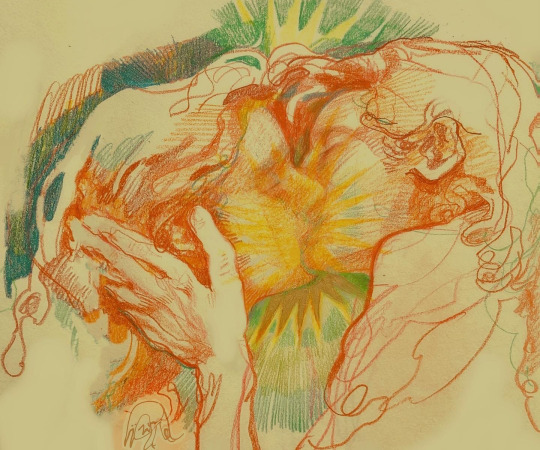


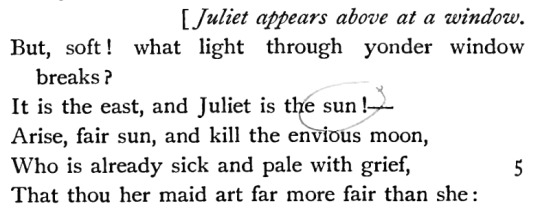

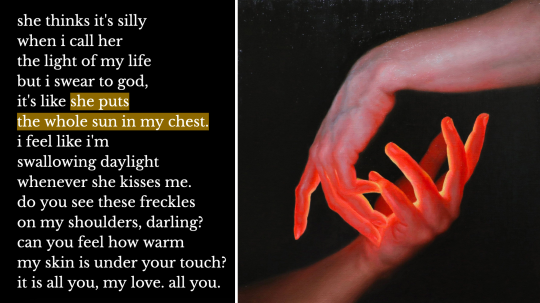



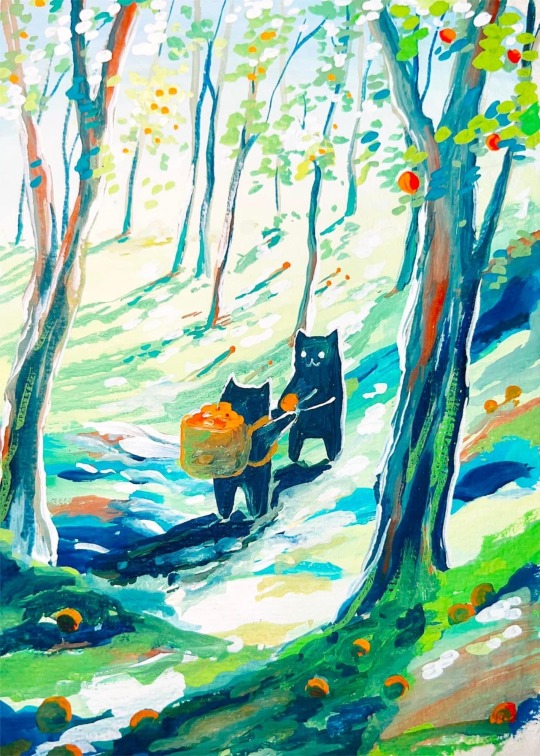
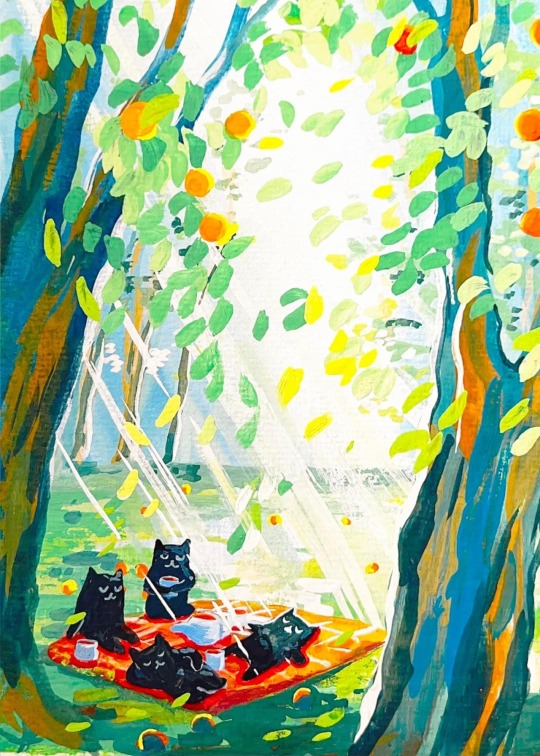






for @augustsjanes — loving you is sunlight.
micah nemerever, these violent delights / jeanette winterson, why be happy when you could be normal? / madeline miller, the song of achilles / nicole callihan, the end of the pier / @andatsea (x) / masha raymers (x) / jessie burton, the miniaturist / louise glück, tango / richard siken, scheherazade / iu & suga, eight / yves olade, when rome falls / @nephrosoupp (x) / taylor jenkins reid, the seven husbands of evelyn hugo / e.e. cummings (x) / william shakespeare, romeo & juliet / fall out boy, the last of the real ones / @poemsonmars (x) / zarina situmorang / @promethes (x) / david viscott / seperis, down to agincourt / @titsay (x) / daylily, movements / federico garcia lorca / hozier, sunlight / extraordinary attorney woo, 1x04 / taylor swift, out of the woods / shauna barbosa, cape verdean blues
700 notes
·
View notes
Text
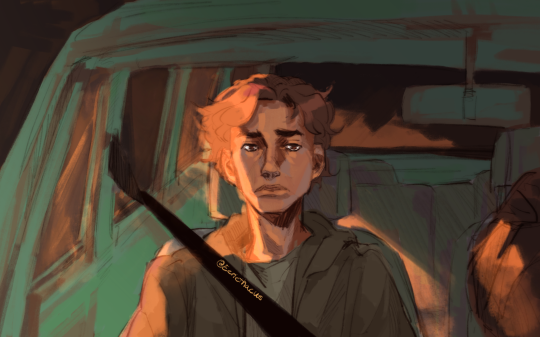
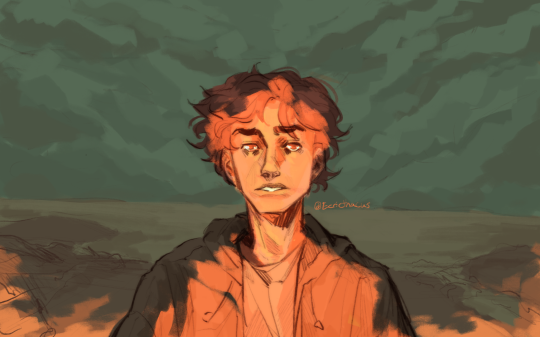
Halfway through the sunshine court and I'm not okay. Anyhow more Neil Jostens for the lil thing I'm working on! Fun fact my deadline is today dhdhd
945 notes
·
View notes
Note
Send to 10 other bloggers you think are wonderful. Keep this going to make someone smile 💕💝💖
ur getting one from me right back!! 💕💝💖

1 note
·
View note
Text

You’re going to rattle the stars
2K notes
·
View notes
Text
My favorite kind of character is 'My trauma made me both super kind and a huge fucking asshole'
2K notes
·
View notes
Text
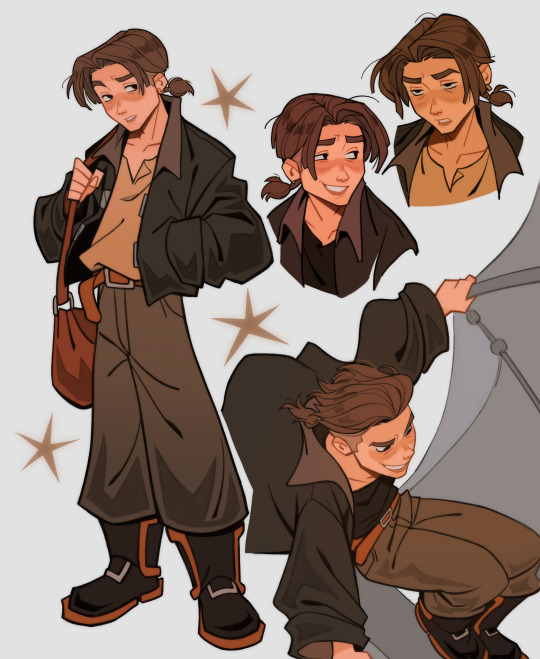
I'm a bit nostalgic rn ✧*+ - ✧*+ - ✧*
7K notes
·
View notes
Text
Neil Banged out his tunes today, on a train you have the comfort and relaxation to bang out your own tunes
85K notes
·
View notes
Text


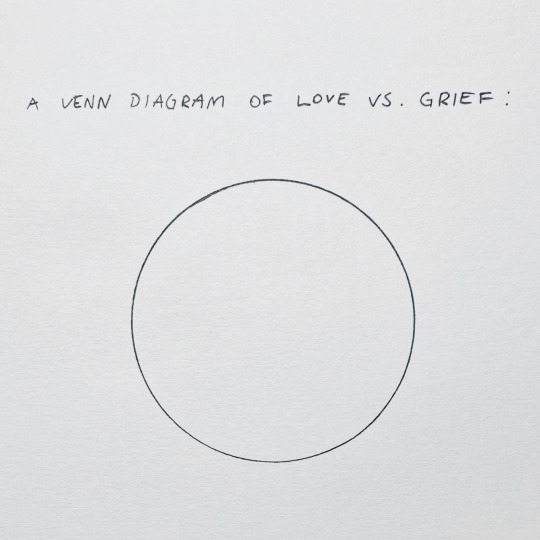





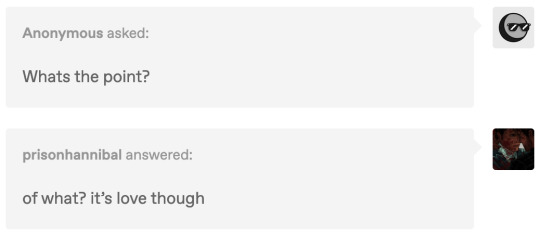


orpheus but he's sisyphus
Ovid’s The Story of Orpheus and Eurydice (tr. Rolfe Humphries) / Spirited Away dir. Hayao Miyazaki / @mag200 / Jenny Diski, “Housewife” / Franz Wright, God's Silence / Adrianne Kalfopoulou, “Poem in Pieces, a Log” / Jon Ware, I am in Eskew / Kazimierz Wierzyński, “A Word of Orphists” (tr. Czeslaw Milosz) / @prisonhannibal / Aeschylus, The Oresteia / Ocean Vuong, Eurydice
image ids under cut:
image 1: a quote from Ovid that reads: "And Orpheus received her, but one term was set: he must not, till he passed Avernus, turn back his gaze, or the gift would be in vain."
image 2: excerpt from the script of the film Spirited Away that reads: "Haku: But I can't go any farther. Just go back the way you came, you'll be fine. [highlighted] But you have to promise not to look back, not until you've passed through the tunnel."
image 3: a drawing, labeled in all-caps handwriting "a venn diagram of love vs. grief:". the drawing is a single circle.
image 4: an excerpt, highlighted and italicized, from Jenny Diski that reads: "People don't understand about repetition, do they? How it is at the heart (thump, thump, thump) of obsession; at the erotic centre (drip, drip, drip) of desire. You do, of course. Repetition is insatiability spelt sideways."
image 5: a quote from Franz Wright reading, "And let me ask you this: the dead, where aren't they?"
image 6: a quote from Adrianne Kalfopoulou in red text, reading, "Grief will keep you reaching back / for what is not there"
image 7: an excerpt from Jon Ware that reads, "Here's my question. If the ghost wants nothing more than to be witnessed, why would it appear behind you, not in front of you? The only answer I can think of is this: [underlined] it appears behind you because it already knows, to an absolute certainty, that you will have no choice but to look back."
image 8: a quote from Kazimierz Wierzyński that reads: "I understood the true fate of Orpheus, that [highlighted] love is a constant terror of loss."
image 9: a screenshot of a tumblr ask from an anonymous user who says, "What's the point?" user prisonhannibal responds, "of what? it's love though".
image 10: two lines from aeschylus reading, "Orestes: This was always going to happen. She's been dead since the beginning."
image 11: an excerpt from Ocean Vuong that reads, "Your absence has gone through me // Like thread through a needle. / Everything I do is stitched with its color."
end ids.
893 notes
·
View notes
Text
In the past I've shared other people's musings about the different interpretations of the myth of Orpheus and Eurydice. Namely, why Orpheus looks back at Eurydice, even though he knows it means he'll lose her forever. So many people seem to think they've found the one true explanation of the myth. But to me, the beauty of myths is that they have many possible meanings.
So I thought I would share a list of every interpretation I know, from every serious adaptation of the story and every analysis I've ever heard or read, of why Orpheus looks back.
One interpretation – advocated by Monteverdi's opera, for example – is that the backward glance represents excessive passion and a fatal lack of self-control. Orpheus loves Eurydice to such excess that he tries to defy the laws of nature by bringing her back from the dead, yet that very same passion dooms his quest fo fail, because he can't resist the temptation to look back at her.
He can also be seen as succumbing to that classic "tragic flaw" of hubris, excessive pride. Because his music and his love conquer the Underworld, it might be that he makes the mistake of thinking he's entirely above divine law, and fatally allows himself to break the one rule that Hades and Persephone set for him.
Then there are the versions where his flaw is his lack of faith, because he looks back out of doubt that Eurydice is really there. I think there are three possible interpretations of this scenario, which can each work alone or else co-exist with each other. From what I've read about Hadestown, it sounds as if it combines all three.
In one interpretation, he doubts Hades and Persephone's promise. Will they really give Eurydice back to him, or is it all a cruel trick? In this case, the message seems to be a warning to trust in the gods; if you doubt their blessings, you might lose them.
Another perspective is that he doubts Eurydice. Does she love him enough to follow him? In this case, the warning is that romantic love can't survive unless the lovers trust each other. I'm thinking of Moulin Rouge!, which is ostensibly based on the Orpheus myth, and which uses Christian's jealousy as its equivalent of Orpheus's fatal doubt and explicitly states "Where there is no trust, there is no love."
The third variation is that he doubts himself. Could his music really have the power to sway the Underworld? The message in this version would be that self-doubt can sabotage all our best efforts.
But all of the above interpretations revolve around the concept that Orpheus looks back because of a tragic flaw, which wasn't necessarily the view of Virgil, the earliest known recorder of the myth. Virgil wrote that Orpheus's backward glance was "A pardonable offense, if the spirits knew how to pardon."
In some versions, when the upper world comes into Orpheus's view, he thinks his journey is over. In this moment, he's so ecstatic and so eager to finally see Eurydice that he unthinkingly turns around an instant too soon, either just before he reaches the threshold or when he's already crossed it but Eurydice is still a few steps behind him. In this scenario, it isn't a personal flaw that makes him look back, but just a moment of passion-fueled carelessness, and the fact that it costs him Eurydice shows the pitilessness of the Underworld.
In other versions, concern for Eurydice makes him look back. Sometimes he looks back because the upward path is steep and rocky, and Eurydice is still limping from her snakebite, so he knows she must be struggling, in some versions he even hears her stumble, and he finally can't resist turning around to help her. Or more cruelly, in other versions – for example, in Gluck's opera – Eurydice doesn't know that Orpheus is forbidden to look back at her, and Orpheus is also forbidden to tell her. So she's distraught that her husband seems to be coldly ignoring her and begs him to look at her until he can't bear her anguish anymore.
These versions highlight the harshness of the Underworld's law, and Orpheus's failure to comply with it seems natural and even inevitable. The message here seems to be that death is pitiless and irreversible: a demigod hero might come close to conquering it, but through little or no fault of his own, he's bound to fail in the end.
Another interpretation I've read is that Orpheus's backward glance represents the nature of grief. We can't help but look back on our memories of our dead loved ones, even though it means feeling the pain of loss all over again.
Then there's the interpretation that Orpheus chooses his memory of Eurydice, represented by the backward glance, rather than a future with a living Eurydice. "The poet's choice," as Portrait of a Lady on Fire puts it. In this reading, Orpheus looks back because he realizes he would rather preserve his memory of their youthful, blissful love, just as it was when she died, than face a future of growing older, the difficulties of married life, and the possibility that their love will fade. That's the slightly more sympathetic version. In the version that makes Orpheus more egotistical, he prefers the idealized memory to the real woman because the memory is entirely his possession, in a way that a living wife with her own will could never be, and will never distract him from his music, but can only inspire it.
Then there are the modern feminist interpretations, also alluded to in Portrait of a Lady on Fire but seen in several female-authored adaptations of the myth too, where Eurydice provokes Orpheus into looking back because she wants to stay in the Underworld. The viewpoint kinder to Orpheus is that Eurydice also wants to preserve their love just as it was, youthful, passionate, and blissful, rather than subject it to the ravages of time and the hardships of life. The variation less sympathetic to Orpheus is that Euyridice was at peace in death, in some versions she drank from the river Lethe and doesn't even remember Orpheus, his attempt to take her back is selfish, and she prefers to be her own free woman than be bound to him forever and literally only live for his sake.
With that interpretation in mind, I'm surprised I've never read yet another variation. I can imagine a version where, as Orpheus walks up the path toward the living world, he realizes he's being selfish: Eurydice was happy and at peace in the Elysian Fields, she doesn't even remember him because she drank from Lethe, and she's only following him now because Hades and Persephone have forced her to do so. So he finally looks back out of selfless love, to let her go. Maybe I should write this retelling myself.
Are any of these interpretations – or any others – the "true" or "definitive" reason why Orpheus looks back? I don't think so at all. The fact that they all exist and can all ring true says something valuable about the nature of mythology.
23K notes
·
View notes
Text


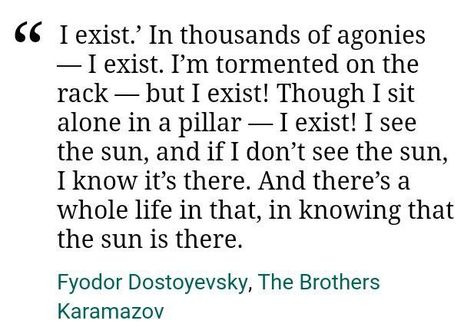




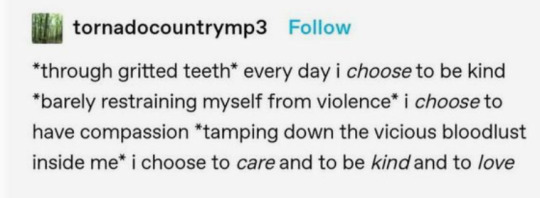
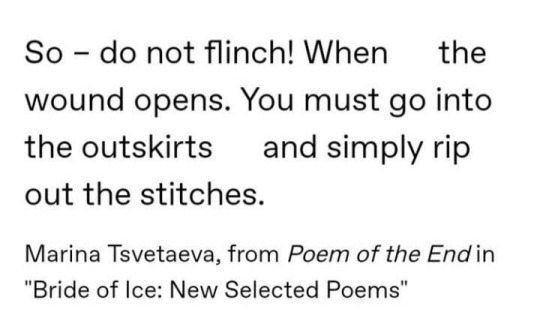


take courage, dear-heart. we've lived for a thousand years, why not a thousand more?
683 notes
·
View notes
Text




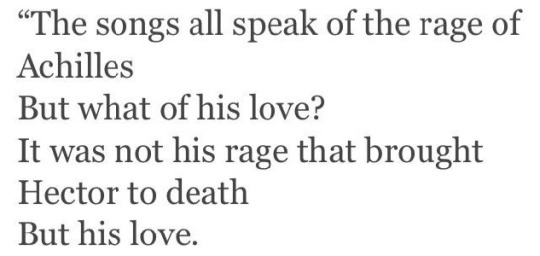

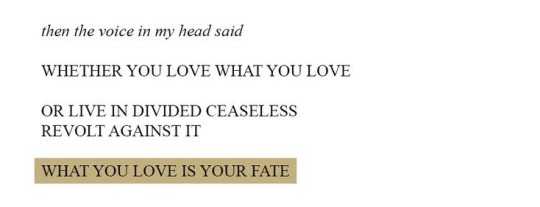
@smuktvejr // Katie Maria, "In the Name of Love" // Cheryl Strayed, Tiny Beautiful Things: Advice on Love and Life from Dear Sugar // @lucidloving // @soracities // @randomestfandoms, "Love has always been more powerful than hate" // Frank Bidart, "Guilty of Dust"
727 notes
·
View notes



